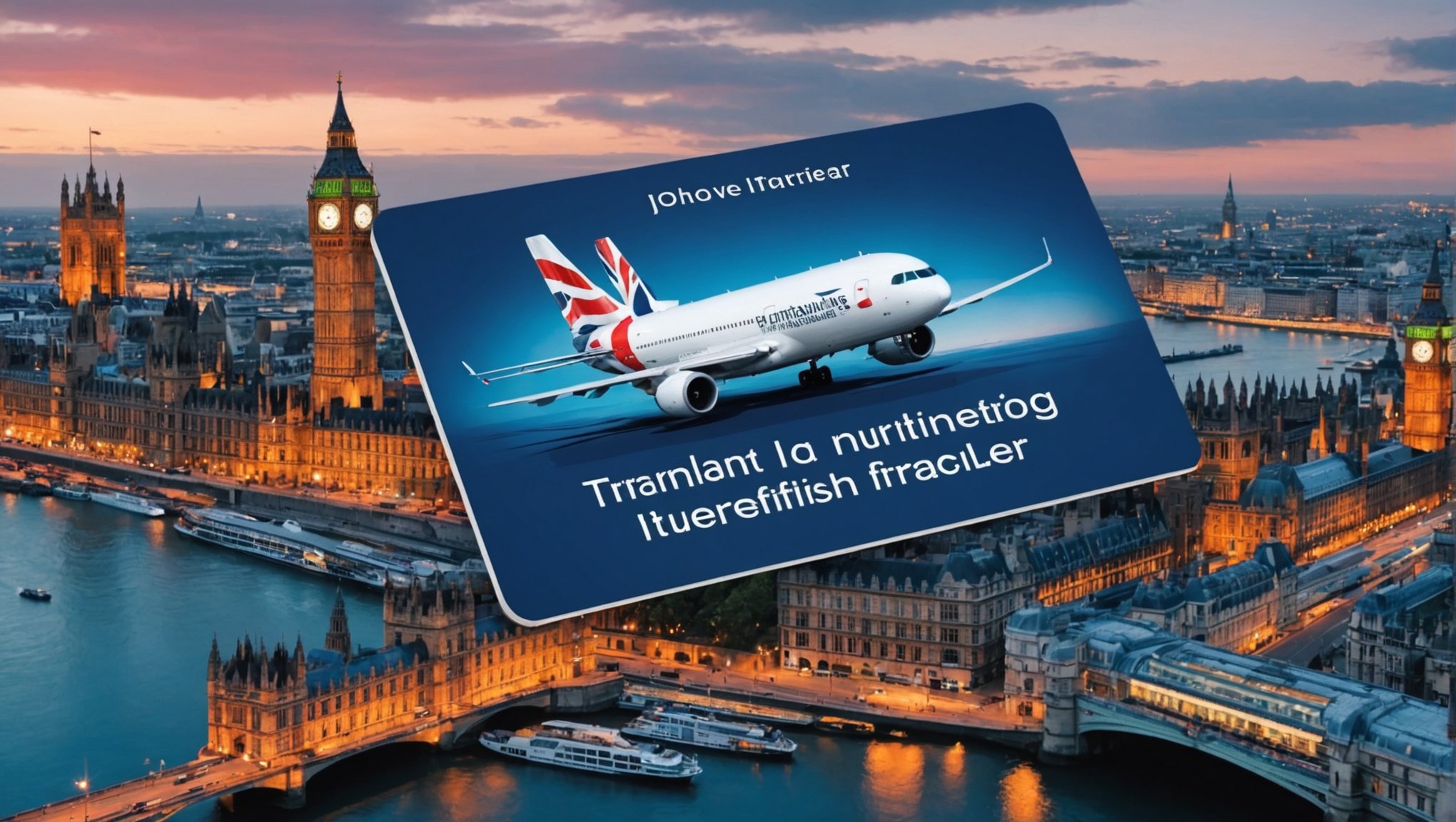In today’s fast-paced world, the travel industry continuously evolves to meet the changing demands and expectations of travelers. UK travel agencies, in particular, face the challenge of crafting personalized and efficient travel itineraries to stay competitive. Leveraging the power of Artificial Intelligence (AI) can provide a significant edge. This article delves into how UK travel agencies can use AI to optimize travel itineraries, offering a professional, informative perspective tailored to common audiences.
Travel agencies in the UK, like their global counterparts, are under tremendous pressure to deliver exceptional and personalized service. With travelers becoming more tech-savvy, their expectations have risen; they now seek seamless trips that cater to their individual preferences. The integration of AI presents a golden opportunity to exceed these expectations by creating efficient, personalized itineraries.
Have you seen this : How to develop a mobile app that offers personalized financial advice for UK residents?
AI’s capabilities span from data analysis to predictive modeling, enabling agencies to tailor travel plans accurately. By understanding customer preferences and behaviors, travel agencies can offer bespoke experiences that go beyond the standard travel packages. This modern approach not only helps in retaining clients but also in attracting new ones.
Enhancing Customer Experience with AI
At the heart of travel services lies the customer experience. UK travel agencies can significantly enhance this experience by integrating AI into their operations. AI-driven chatbots and virtual assistants provide immediate responses to inquiries, ensuring customers receive 24/7 customer support. This not only boosts satisfaction but also builds trust and reliability.
Also read : What are the best practices for integrating AI in UK’s logistics to enhance delivery efficiency?
AI can analyze vast amounts of data from various sources such as social media, customer feedback, and booking patterns. This analysis allows agencies to understand customer preferences and pain points better. Consequently, they can craft personalized travel itineraries that cater to individual tastes and requirements.
For example, AI can recommend destinations, activities, and accommodations based on previous bookings and feedback. It can even predict trends, suggesting off-the-beaten-path locations that align with a traveler’s interests. By anticipating needs and preferences, agencies can offer an unparalleled level of personalization.
Furthermore, AI can assist in dynamic pricing, offering competitive rates that attract customers while ensuring profitability. By analyzing market trends and customer behavior, AI can suggest optimal pricing strategies that benefit both the agency and the traveler.
Streamlining Operations with AI
Operational efficiency is crucial for the success of any travel agency. AI can streamline back-end processes, freeing up time for travel agents to focus on customer interaction and strategic planning. Automated systems can handle mundane tasks such as data entry, booking confirmations, and itinerary adjustments, ensuring accuracy and speed.
AI-driven tools can manage and optimize the supply chain, ensuring that all components of a trip are coordinated seamlessly. This includes transportation, accommodation, tours, and activities. By leveraging AI, agencies can ensure that each element of the itinerary is in sync, reducing the risk of overbooking or double-booking.
Moreover, AI can enhance predictive maintenance for travel services. For instance, it can predict when a hotel or transportation service might be overbooked or face maintenance issues, allowing agencies to make alternative arrangements proactively. This predictive capability ensures that travelers experience minimal disruptions during their trips.
AI can also optimize resource allocation. By analyzing booking patterns and demand forecasts, it can suggest the optimal allocation of resources such as staff, vehicles, and accommodations. This leads to better resource management and cost efficiency.
Utilizing AI for Marketing and Sales
Marketing and sales efforts are vital for attracting and retaining customers. AI can revolutionize these efforts by providing insights into customer behavior and preferences. UK travel agencies can use AI to analyze data from various channels, including social media, email campaigns, and website interactions, to create targeted marketing strategies.
AI can segment customers based on their preferences, spending habits, and travel history. This segmentation allows agencies to tailor marketing messages and offers to specific groups, increasing the likelihood of conversion. Personalized marketing campaigns resonate more with customers, leading to higher engagement and loyalty.
Additionally, AI can optimize content creation for marketing purposes. By analyzing trending topics and customer interests, AI can suggest content ideas that are likely to engage potential customers. This includes blog posts, social media updates, and email newsletters that provide valuable information and inspiration.
AI-driven analytics can also enhance the effectiveness of sales strategies. By predicting customer preferences and booking patterns, AI can suggest the best times to launch promotions or offer discounts. This ensures that sales efforts are timely and relevant, maximizing their impact.
Future Prospects of AI in Travel
The potential of AI in the travel industry extends beyond current applications. As technology continues to advance, AI will play an even more significant role in shaping the future of travel. UK travel agencies must stay ahead of the curve by embracing emerging AI trends and innovations.
One such trend is the use of AI-powered virtual reality (VR) experiences. Travelers can explore destinations and accommodations virtually before making a booking, providing a more immersive and informed decision-making process. This technology enhances transparency and confidence in travel choices.
AI can also facilitate hyper-personalization. By collecting and analyzing data from wearables and smart devices, AI can create travel experiences that cater to real-time needs and preferences. For instance, it can suggest nearby attractions or dining options based on a traveler’s current location and past preferences.
Moreover, AI can contribute to sustainable travel practices. By analyzing data on carbon emissions, energy consumption, and waste management, AI can suggest eco-friendly options for transportation, accommodation, and activities. This helps agencies promote sustainable travel and cater to environmentally conscious travelers.
As AI continues to evolve, its integration into the travel industry will become more seamless and sophisticated. UK travel agencies that embrace AI will not only optimize their operations but also deliver exceptional and personalized travel experiences that meet the demands of modern travelers.
In conclusion, UK travel agencies stand to gain immensely from integrating AI into their operations. By enhancing customer experience, streamlining operations, and revolutionizing marketing and sales efforts, AI enables agencies to create optimized travel itineraries tailored to individual preferences. The future prospects of AI in the travel industry are promising, offering opportunities for hyper-personalization, sustainable travel, and immersive experiences.
By embracing AI, UK travel agencies can stay ahead of the competition and meet the evolving demands of travelers. The key is to leverage AI’s capabilities to deliver exceptional and efficient travel services that leave a lasting impression on customers. As AI continues to advance, its role in optimizing travel itineraries will only grow, making it an indispensable tool for the modern travel agency.
So, how can UK travel agencies use AI to optimize travel itineraries? The answer lies in embracing AI’s potential to enhance every aspect of travel planning and delivery, ensuring that customers enjoy personalized, seamless, and memorable travel experiences.











